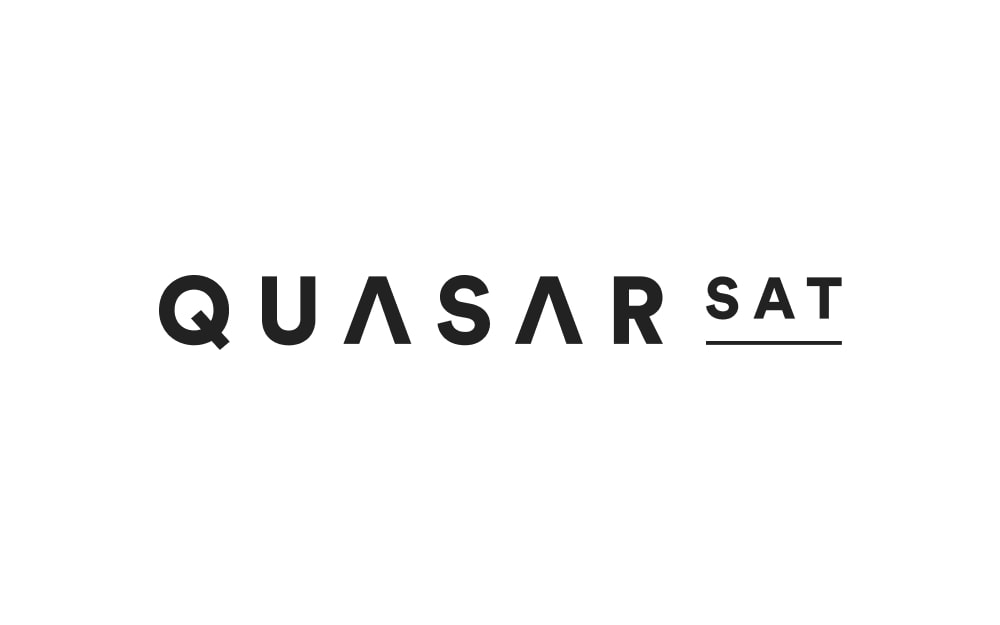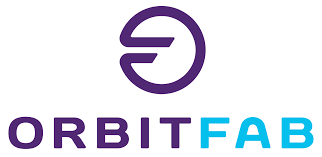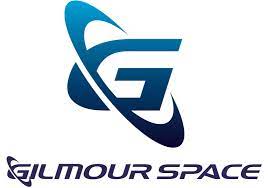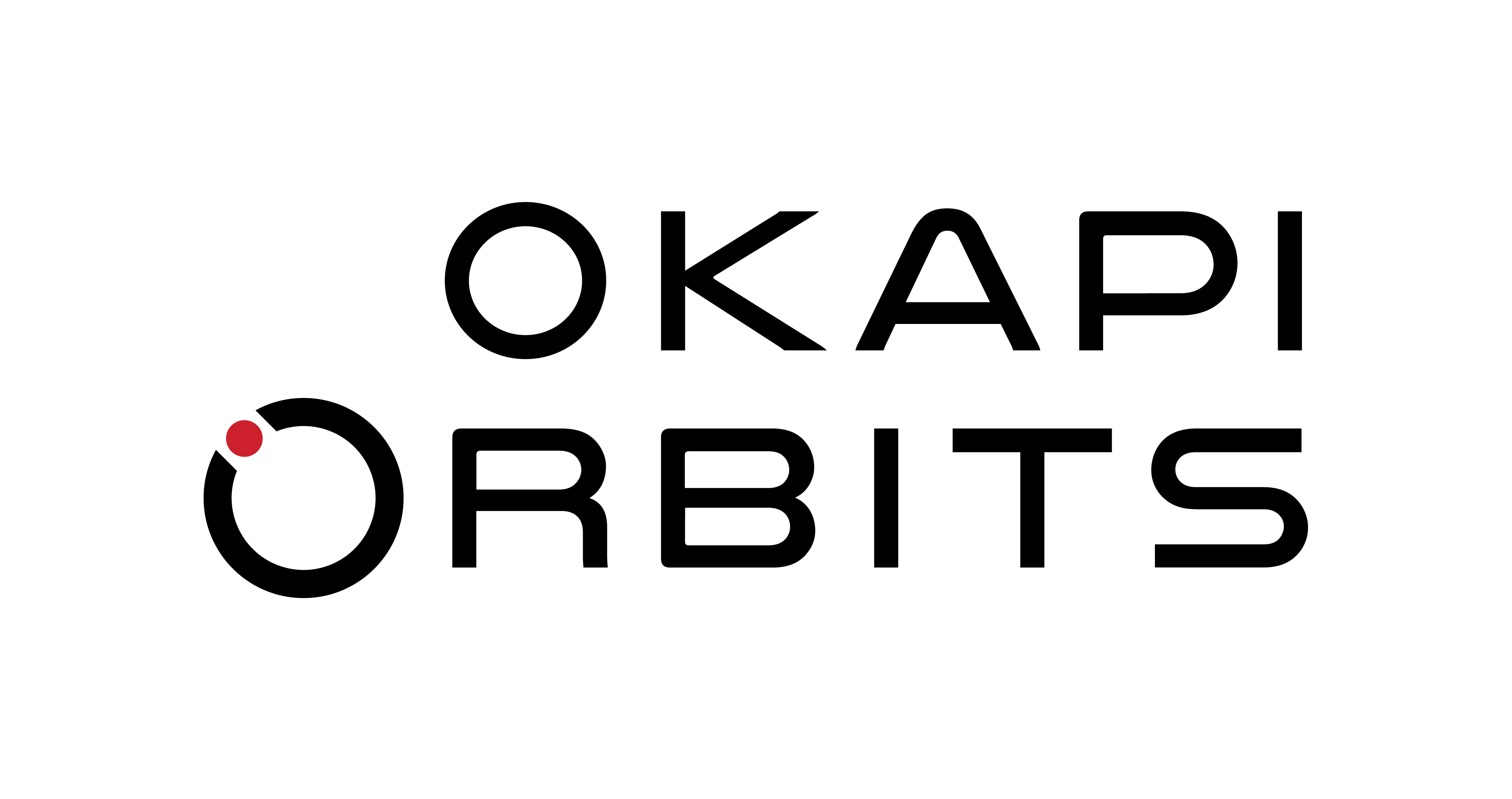
The “new space” sector, created by the dramatically lowered cost of space launches, is attracting a growing amount of investment. These are some of the early-stage startups, many of them spun out from universities and research organisations, that are worth investors keeping an eye on.

Quasar Satellite Technologies
- Based in Australia
- Spun out of Australia’s national science agency, CSIRO
- https://quasarsat.com
Existing technology allows ground stations to talk to just one satellite at a time, but this Australian startup is developing technology that would allow ground stations to communicate with hundreds. As the number of satellites in space proliferates and we use them for everything from aiding farmers to navigation, it is increasingly important to make communications more efficient.

Manastu Space
- Based in Mumbai, India
- Founded by a student team at the Indian Institute of Technology Bombay
- https://www.manastuspace.com/
India’s space industry has been energised by news of the country’s lunar landing in August, and Manastu Space is one of the beneficiaries. The Mumbai-based company, founded by a student team at IIT Bombay, is developing green propulsion systems and collision avoidance technology for satellites. It raised a $3m pre-series A funding round in September.

Impulse Space
- Based in California, US
- Founded by SpaceX founding member Tom Mueller
- https://www.impulsespace.com/
Impulse Space, an in-space transportation startup that delivers satellites into their final orbit position after they are launched into space on shared rocket launch, raised a $45m series A funding round, led by RTX Ventures, the venture arm of Raytheon. Airbus Ventures also participated in the round.

Orbit Fab
- Based in Colorado, US
- https://wwworbitfab.com
Orbit Fab is a startup that is planning to build a network of refuelling stations for satellites. Being able to refuel would extend a satellite’s working life, driving down operating costs. In 2019 the company demonstrated its capabilities by delivering water to the International Space Station.
Orbit Fab raised $28.5m in a series A funding round earlier this year and has three missions planned with the US Department of Defense, starting in 2025. Lockheed Martin, Northrop Grumman and Munich Re Ventures are among the company’s backers.

Gilmour Space Technologies
- Based in Australia
- Joint research agreement with Griffith University
- https://www.gspace.com/
This startup, founded 8 years ago, is developing Australia’s first rocket that will attempt an orbital space launch. It has raised $107m to date, including a series C funding round in 2021, and employs more than 200 people. A test launch is planned for later this year.

Vestigo Aerospace
- Based in California, US
- Spun out of Purdue University
- https://vestigoaerospace.com/
This California-based startup is developing dragsail technology that will allow small cubesats to deorbit once they have reached the end of their lifespans. The company raised a $375,000 seed funding round in 2022.

OroraTech
- Based in Munich, Germany
- Founded by TU Munich students
- https://ororatech.com/
With wildfires becoming a prominent feature across the world during the summer season, OroraTech’s wildfire detection and monitoring satellites are timely. The Munich-based company is working with customers such as the Quebec fire agency and the Canadian Space Agency.
The company raised a series A funding round in November 2022.

Amplified Space
- Based in Colorado, US
- Spun out of CU Boulder
- https://amplifiedspace.com/
The Colorado-based startup is developing smart power systems that can reduce the development time of spacecraft from two years to one month.

Morpheus Space
- Based in Germany
- Spun out of Dresden University of Technology
- https://www.morpheus.space/
The company, which operates out of Dresden and California, is creating electric propulsion system for nanosatellites. With the US Federal Communication Commission now mandating that low earth orbiting satellites must be disposed after five years, the need for propulsion technologies is only likely to grow. Airbus Ventures and In-Q-Tel were among the investors in the startup’s $28m series A funding round in 2022.

Picosats
- Based in Italy
- Spun out of University of Trieste
- https://picosats.eu/about/
The Trieste-based company is developing telecoms systems for small satellites. The team has so far raised some $3.5m in seed and grant funding.

OKAPI:Orbits
- Based in Germany
- Spun out of TU Braunschweig
- https://okapiorbits.space/
The German startup develops automated traffic management software that allows satellites to avoid collisions. It raised a $5.7m seed funding round in 2022, led by Munich Re Ventures with participation from Dolby Family Ventures. At the time, the company said there were already 50 satellites in space relying on its technology, which has since risen to 150.
